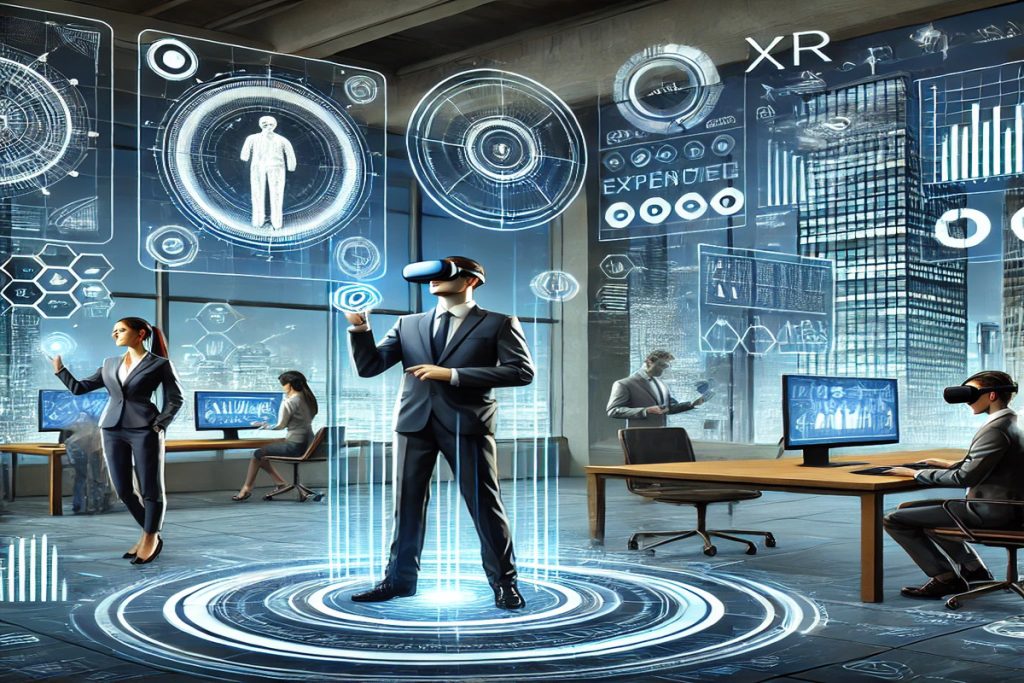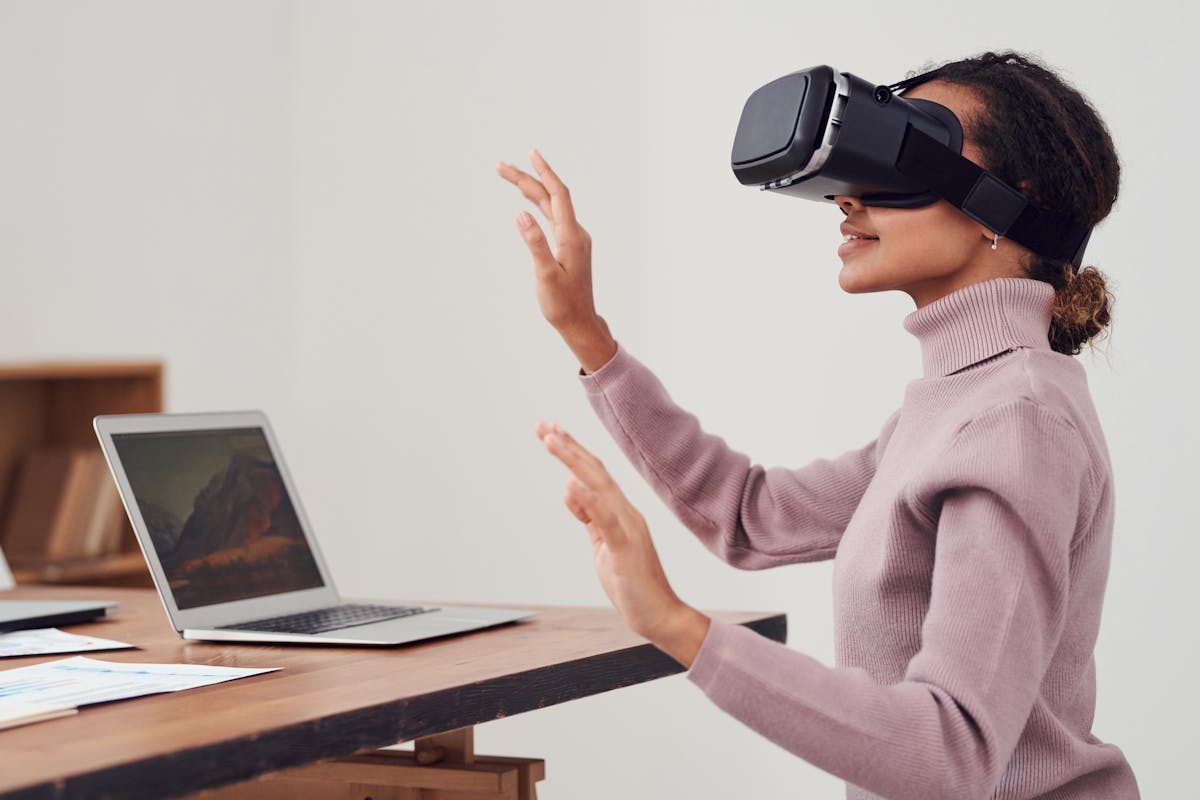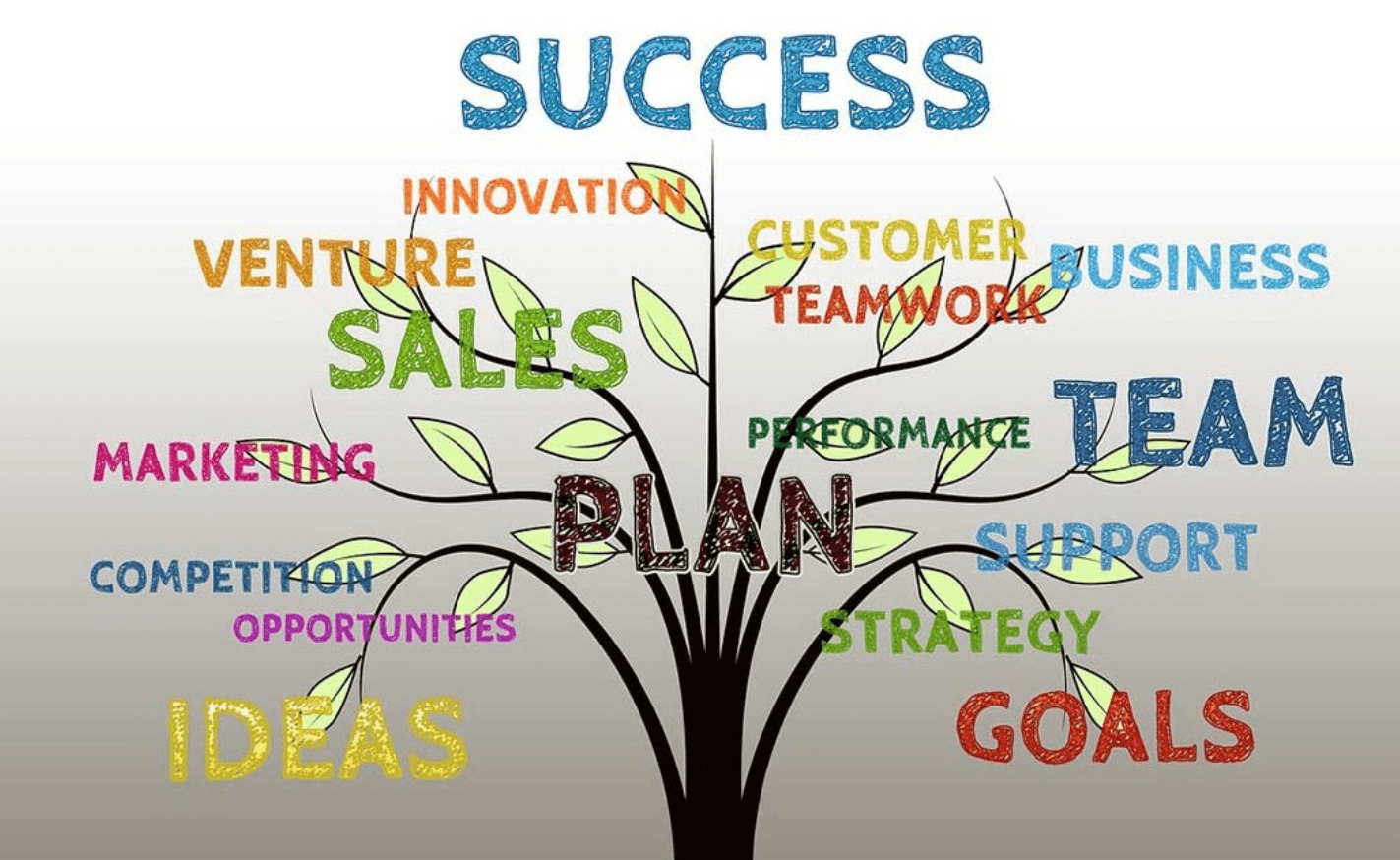XR in Business: A New Era of Innovation
In today’s fast-paced digital economy, businesses are constantly seeking innovative ways to improve productivity, customer engagement, and workforce efficiency. One of the most promising solutions in this space is Extended Reality (XR)—a term that encompasses Virtual Reality (VR), Augmented Reality (AR), and Mixed Reality (MR).
XR is no longer just a futuristic concept. It’s a transformative technology that’s already reshaping business models, operations, and customer experiences across industries.
What Is XR and Why Should Businesses Care?
Extended Reality (XR) merges the physical and digital worlds, allowing users to interact with virtual content in immersive environments. From simulating real-world scenarios to enabling remote collaboration, XR offers countless applications for enterprises.
Here’s why it matters:
- Improved training efficiency
- Enhanced customer engagement
- Accelerated product development
- Real-time remote collaboration
Business Applications of XR Across Industries
🏭 1. Training & Upskilling
- VR-based simulations train employees in high-risk or complex environments (e.g., manufacturing, healthcare, aviation).
- Reduces costs tied to physical training setups and downtime.
- Ensures higher retention and faster onboarding.
Example: A retail chain using AR to train staff on inventory systems via guided walkthroughs.
🛍️ 2. Customer Experience & Virtual Shopping
- AR apps let customers “try on” clothes, glasses, or furniture from home.
- Virtual showrooms provide immersive shopping experiences that reduce return rates.
- Increases buyer confidence and reduces decision fatigue.
Example: IKEA Place app allows users to see how furniture fits in their space using AR.
🧠 3. Product Design & Prototyping
- XR enables real-time visualization of product designs.
- Teams can collaborate remotely on 3D prototypes, cutting development time and cost.
- Reduces dependency on physical mockups and allows rapid iteration.
Example: Automotive companies use VR to test car designs before building physical prototypes.
🌍 4. Remote Collaboration & Virtual Meetings
- Mixed Reality headsets like HoloLens empower remote teams to interact with 3D data and collaborate in real time.
- XR enables more immersive and productive meetings compared to traditional video calls.
Example: Engineering teams can inspect virtual machinery together without being co-located.
🏥 5. Healthcare Simulations & Diagnostics
- XR supports remote diagnostics, surgical training, and even patient rehabilitation.
- Enhances accuracy, speed, and decision-making through real-time data overlays.
Example: AR overlays can help surgeons visualize anatomy before making incisions.
🏗️ 6. Architecture, Real Estate & Construction
- Architects use VR to walk clients through buildings before construction begins.
- AR enables onsite workers to overlay building plans on the real-world job site.
Example: Real estate firms now offer VR property tours to global clients.

Benefits of XR for Businesses
- Increased productivity through real-time simulation and collaboration
- Reduced operational costs by minimizing physical resource usage
- Enhanced customer engagement with immersive product experiences
- Shortened product development cycles
- Better talent retention through modern and engaging training programs
- Competitive edge by staying ahead with cutting-edge technology
Challenges to Address
While XR offers major benefits, businesses must also navigate:
- High initial investment in hardware/software
- Need for skilled developers to build XR content
- Integration with existing systems and workflows
- Privacy, data protection, and regulatory concerns
However, as XR tech matures and hardware becomes more accessible, the ROI is steadily improving.
Future of XR in Business
The future of XR lies in convergence—with AI, 5G, and cloud computing driving smarter, faster, and more personalized XR experiences. Expect to see:
- AI-powered virtual assistants in XR training
- Real-time 3D collaboration in product design
- XR-led digital twins for predictive maintenance
Businesses that embrace XR now will be better prepared to lead in the experience economy.
Final Thoughts
Extended Reality (XR) is rapidly reshaping the way businesses train teams, engage customers, and innovate products. As XR technologies like AR, VR, and MR become more accessible, they are unlocking new opportunities for immersive collaboration, experiential marketing, and smarter decision-making.
Adopting XR is no longer just an innovation strategy—it’s a competitive advantage. Companies that invest in XR today are positioning themselves at the forefront of digital transformation, ready to deliver more engaging, efficient, and future-ready experiences.
If your business is looking to boost productivity, reduce costs, or stand out in a crowded market, XR is a game-changer worth exploring.





